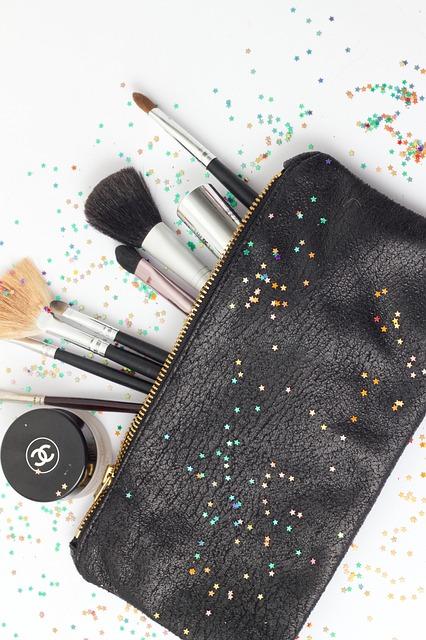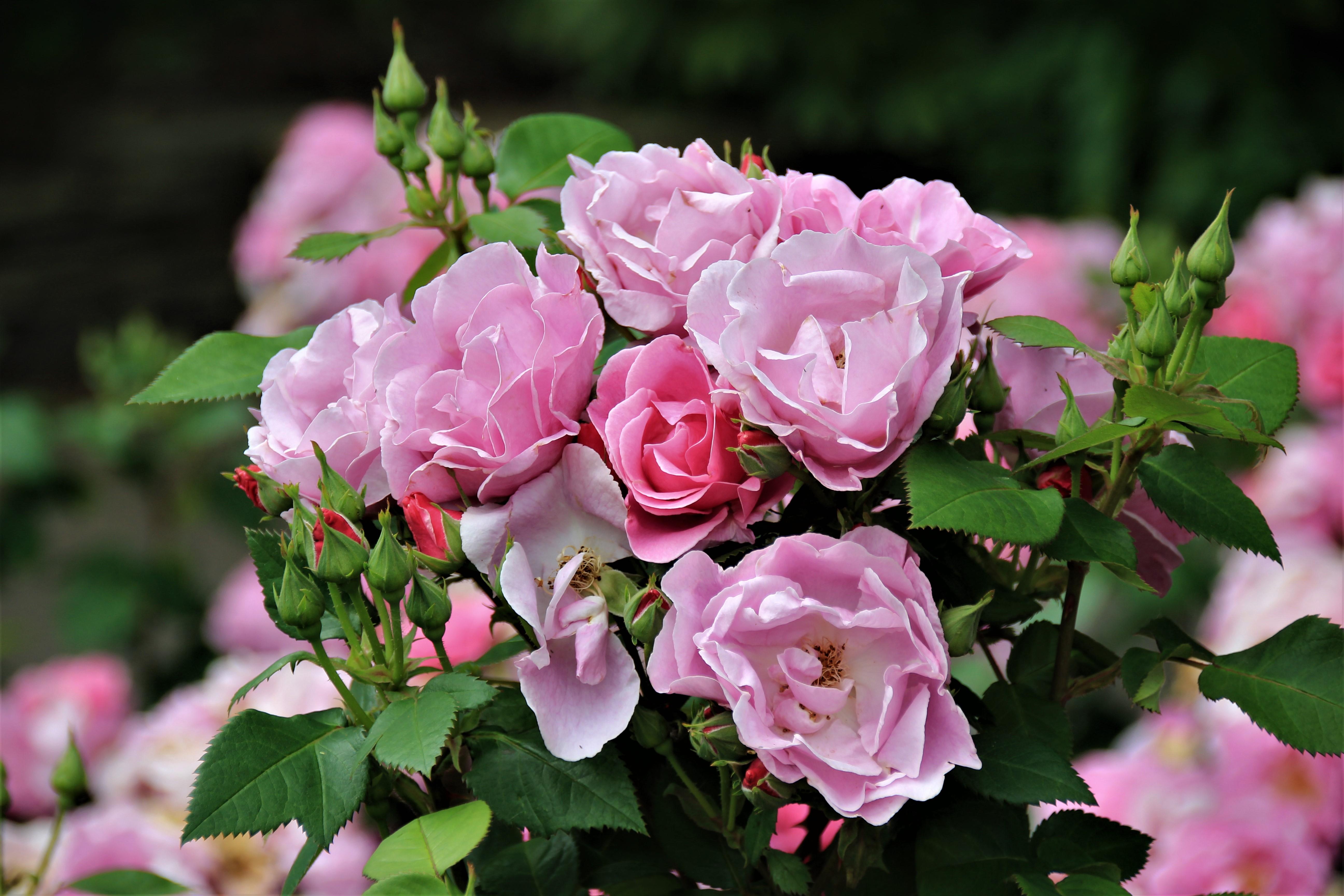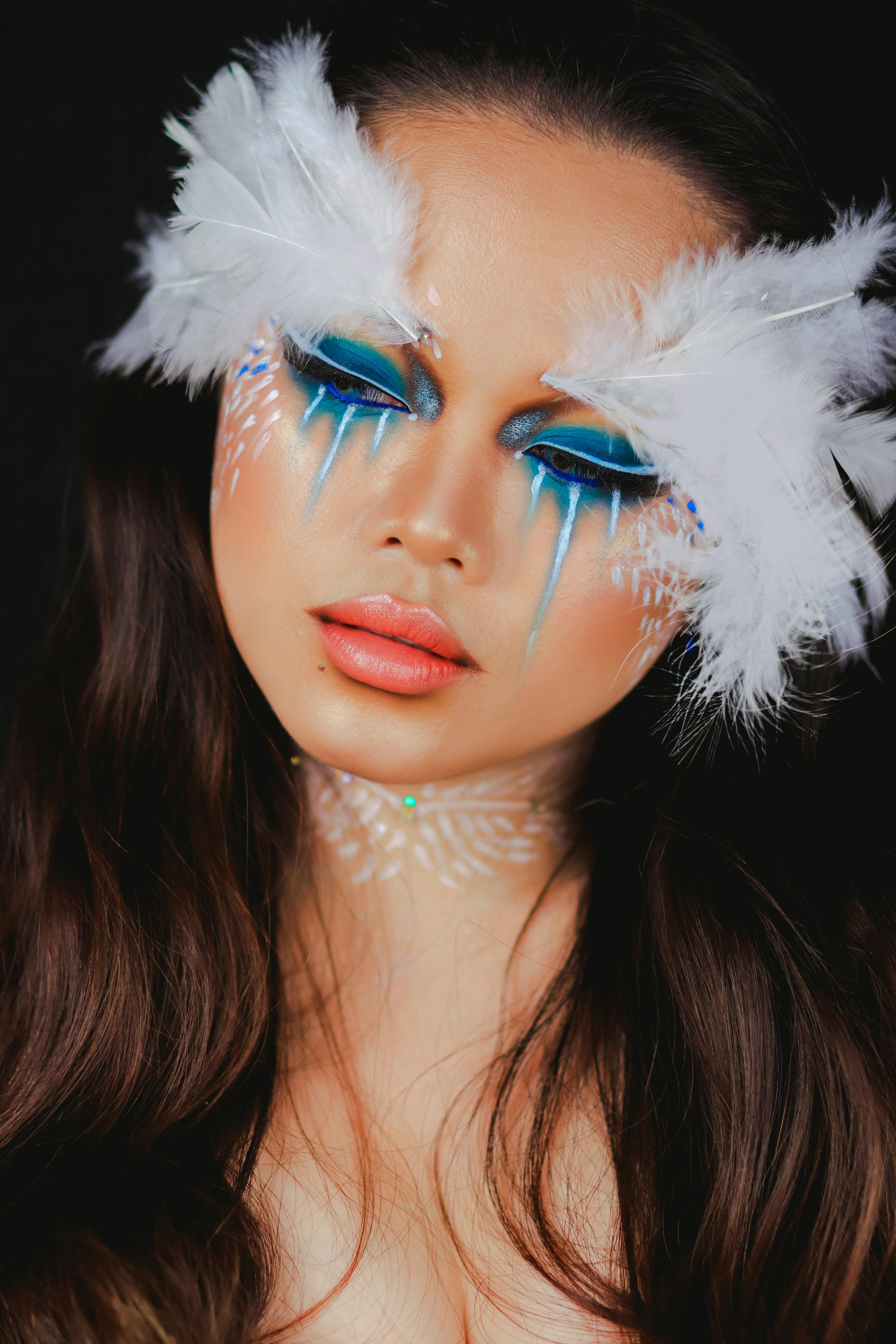Should Makeup Be Considered Art or Necessity
In a world where self-expression is both a canvas and a mirror, the debate over makeup as art or necessity unfolds with each stroke of a brush and dab of a sponge. On one hand, makeup transforms faces into masterpieces, each look a unique narrative crafted by the artist’s hand. On the other, it serves as an everyday armor, a tool that many wield to navigate societal expectations and personal insecurities. This duality raises intriguing questions: Is makeup an art form that transcends traditional boundaries, or is it a necessary ritual embedded in the fabric of modern life? As we delve into the heart of this debate, we explore the multifaceted roles makeup plays, from the runways of high fashion to the morning routines of countless individuals. Join us as we unravel the colorful threads of this conversation, examining how makeup continues to shape, and be shaped by, the world around us.
Exploring the Intersection of Beauty and Expression
In the vibrant tapestry of human culture, makeup occupies a fascinating space where aesthetics and self-expression intertwine. It is an art form that transcends the traditional canvas, allowing individuals to transform their faces into living masterpieces. Whether it’s a subtle enhancement or a bold statement, the act of applying makeup can be a deeply personal ritual. This creative process involves a palette of colors and textures, akin to a painter’s toolkit, which can evoke emotions and communicate identity without uttering a single word. The artistry lies not just in the application but in the ability to convey a narrative or mood through the delicate balance of shades and lines.
On the other hand, makeup also holds a significant place as a tool of necessity for many. It serves as a shield of confidence, empowering individuals to face the world with enhanced poise. For some, it is a daily ritual that transforms insecurity into self-assuredness. The practical aspects of makeup include:
- Concealing imperfections: It provides a means to mask blemishes or uneven skin tones, offering a sense of comfort.
- Enhancing features: Subtle applications can highlight natural beauty, accentuating eyes, lips, or cheekbones.
- Professional appearance: In certain contexts, such as corporate environments, makeup is often considered essential for presenting a polished image.
Thus, the duality of makeup as both an art and a necessity reflects the diverse roles it plays in individual lives, bridging the gap between creative expression and everyday utility.
Understanding Makeups Role in Personal Identity
In the multifaceted world of personal identity, makeup emerges as a powerful tool that extends beyond mere aesthetics. For many, it serves as a canvas where emotions, cultures, and individuality converge. The ritual of applying makeup can be seen as a form of self-expression, allowing individuals to navigate and redefine their identity in a dynamic and visually articulate manner. The transformative nature of makeup can imbue a sense of confidence, enabling one to embody their authentic self or experiment with diverse personas.
Consider how makeup plays a role in the celebration of heritage and cultural narratives. From the bold colors of traditional ceremonies to the understated elegance of daily routines, makeup can be a subtle yet profound expression of one’s roots. Moreover, it can be a form of storytelling, where each brush stroke and color choice speaks volumes about the wearer’s journey and aspirations. The role of makeup in personal identity is enriched by its ability to adapt and evolve, much like the identities it adorns. This transformative power allows for an ever-changing expression of self, which can be both empowering and deeply personal.
- Self-Expression: Makeup as a medium to convey mood and personality.
- Cultural Significance: A reflection of heritage and tradition.
- Empowerment: Boosts confidence and embraces individuality.
- Adaptability: Ability to transform and reflect changing identities.

The Cultural Significance of Makeup in Modern Society
In the kaleidoscope of human expression, makeup emerges as a powerful emblem of identity and transformation. It holds a mirror to cultural nuances, reflecting both personal and societal values. In today’s globalized society, makeup transcends the superficial, evolving into a multifaceted tool for empowerment, artistry, and self-exploration. It is not merely a product but a practice that is woven into the tapestry of cultural rituals and personal milestones. From the vibrant hues of festival face paints to the subtle contours of everyday wear, makeup serves as a canvas for storytelling, allowing individuals to craft narratives of confidence, heritage, and personal evolution.
The cultural significance of makeup extends beyond aesthetics, as it intersects with gender norms, beauty standards, and social identities. Makeup is a dialogue between the wearer and the world, a silent yet expressive language that communicates more than words ever could. Consider the following elements that highlight its cultural impact:
- Ritualistic Practices: Many cultures incorporate makeup into ceremonial rites, symbolizing status, transition, or spiritual beliefs.
- Gender Expression: It challenges traditional gender roles, offering a medium for exploring and expressing gender identity.
- Artistic Expression: Makeup artists push the boundaries of creativity, transforming faces into living masterpieces.
- Social Commentary: Makeup can be a form of protest or advocacy, raising awareness about issues such as inclusivity and diversity.
Thus, the conversation around makeup as art or necessity is not merely about vanity or utility but about its profound role in shaping and reflecting the cultural fabric of society. Through this lens, makeup is both a necessity for some and a revered art form for others, each perspective offering a unique insight into its cultural resonance.

Recommendations for Embracing Makeup as Both Art and Utility
Embracing makeup as both an art form and a practical tool involves finding a balance that celebrates creativity while acknowledging everyday needs. To begin with, consider the artistry involved in transforming your face into a canvas. This requires experimentation with colors, textures, and techniques that express individuality and emotion. Embrace bold choices and innovative methods to push the boundaries of conventional beauty.
- Experiment Freely: Allocate time for creative sessions where the primary focus is self-expression rather than achieving a specific look.
- Seek Inspiration: Draw from various art forms, including painting, sculpture, and photography, to enhance your makeup artistry.
- Utilize Versatility: Recognize makeup’s utility by choosing products that serve multiple purposes, such as a lip and cheek tint.
- Balance Aesthetics and Function: Prioritize skincare-friendly products that enhance your natural features while providing artistic flair.
By integrating these approaches, makeup enthusiasts can enjoy the duality of makeup as a creative outlet and a functional component of daily life, all while maintaining a harmonious relationship between art and necessity.
Future Outlook
whether makeup is viewed as an art form or a necessity is a reflection of individual perspectives and cultural contexts. It can be a canvas for creativity, allowing for self-expression and transformation, or it can be a tool for enhancing confidence and conforming to societal expectations. Perhaps the true beauty of makeup lies in its versatility, bridging the gap between art and necessity, allowing each person to define its role in their own life. As we continue to explore and debate this multifaceted subject, let us celebrate the freedom it offers—embracing both the artistry and the practicality, and recognizing the power it holds to shape our identities in ways both subtle and profound.


